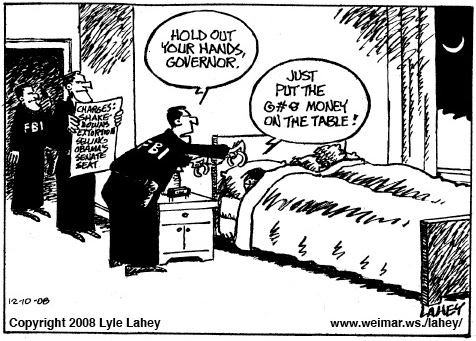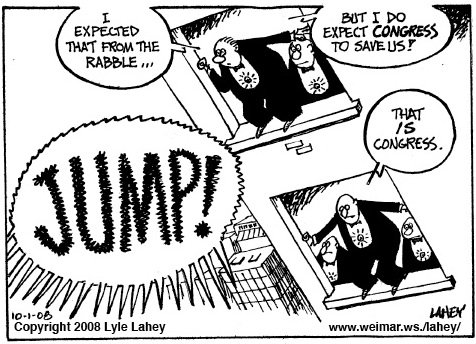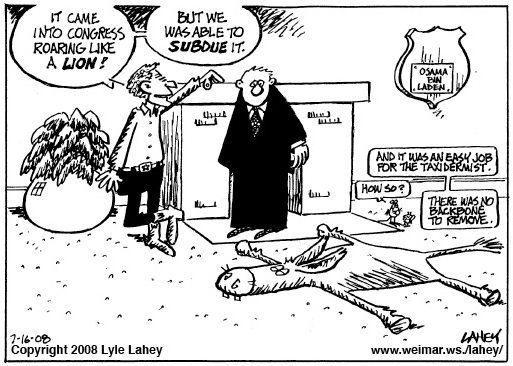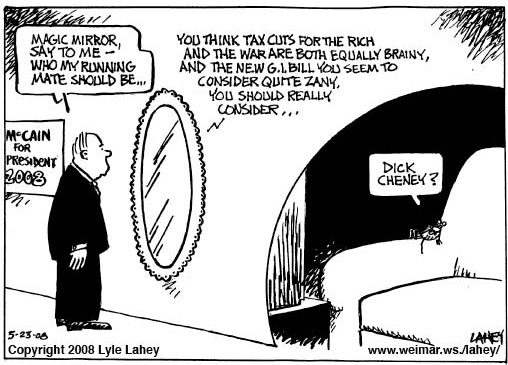
Back to the topic of magazines. A real path-breaker passed away this past week, Forrest J Ackerman. The founding editor of
Famous Monsters of Filmland, the creator of
Vampirella, the literary agent who brought us Ray Bradbury and others, the man who (with his wife Wendayne) brought us the U.S. versions of the German
Perry Rhodan science fiction novels,
passed away at the age of 92.
There are obviously lots of fans of his in the filmmaking world -- Steven Spielberg, Steven King, etc. But there are also lots of fans of his in the magazine world, or at least in the science fiction and horror magazine world. That's because
Famous Monsters was a groundbreaking magazine devoted to horror films, their stars, and not much else. It was presented in an unabashedly enthusiastic way, and I think people of a generation or two before me loved the magazine for that.
It's not an appreciation I can claim to share. When I got into reading science fiction books and magazines, there was a magazine called
Starlog that captured my attention, love, imagination, and weekly allowance.
Starlog also produced a sister publication,
Fangoria, to cover horror movies and related topics.
Starlog and
Fangoria are still being published, though
Famous Monsters died along with the rest of the Warren magazine publishing empire in the early 1980s.
I didn't pay attention to
Famous Monsters much at the time, because whenever I took a look, I found it to be lacking in substance, intelligence, and quality. I've occasionally bought an issue (thanks, eBay) in recent years to test my original reactions, and if anything, my views then were overly charitable.
But Ackerman himself (in an interview in
Fangoria after he was ousted from his
Famous Monsters position just a couple issues before the magazine's death) has lamented the chains with which his publisher, James Warren, shackled him with the magazine, and he apparently couldn't produce the magazine he would have liked. That's a shame. Warren, after all, produced some incredibly fun and exciting magazines like
Creepy and
Eerie during the 1960s and 1970s. If
Famous Monsters had been allowed more freedom, then perhaps Ackerman would be remembered not only as a groundbreaking editor but as a great one.
But Ackerman's triumph is most likely his ability to transmit his enthusiasm to young science fiction and horror fans, through his magazines, books, and personal appearances (for many years, he allowed fans to tour his legendary collection of science fiction memorabilia in his homes, on Saturdays). I never had the opportunity to meet him, but if I had, it wouldn't have been magazines of which we would have spoken, it would have been Rhodan, movie monsters, film directors, and deep space shows. I would have liked that a great deal, and I feel bad that we've lost such a personality and talent.
RIP























